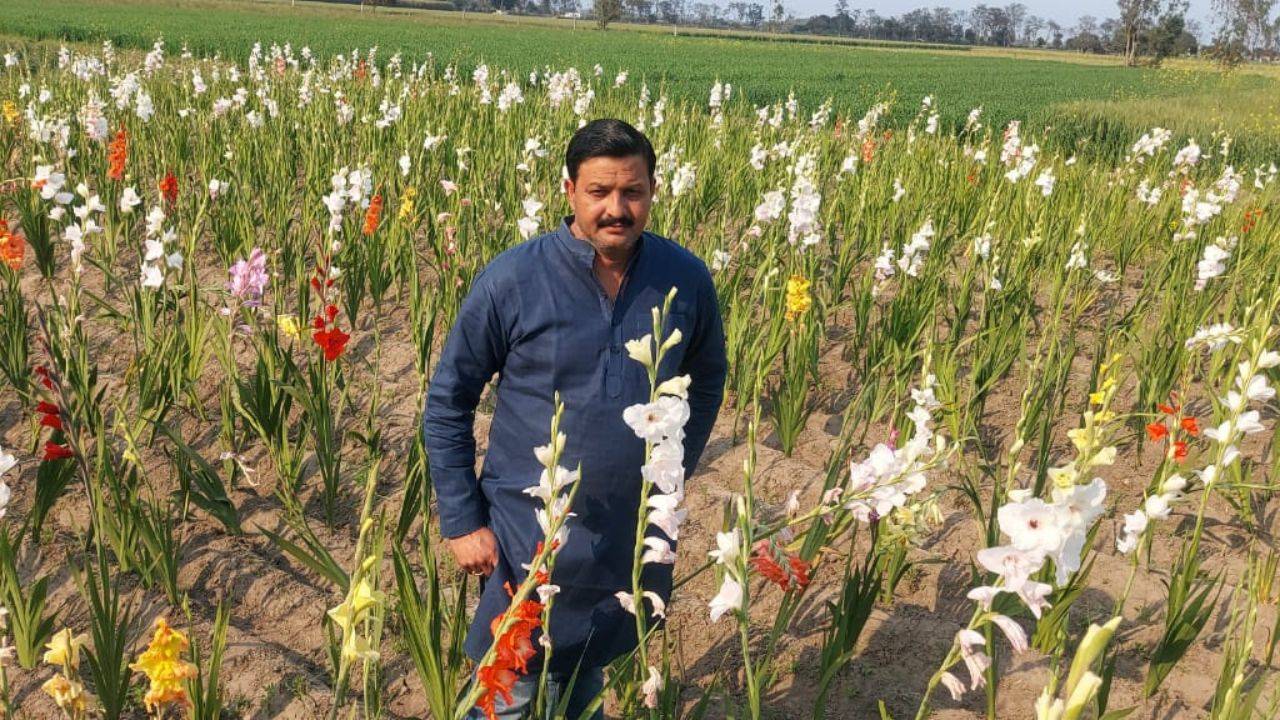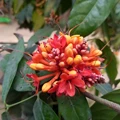
In the heartlands of Lakhimpur Kheri, where the pervasive sight of dark brown sugarcane once dominated the agricultural view, has now experienced a vibrant transformation. Thanks to the collaborative efforts of the Council of Scientific and Industrial Research-National Botanical Research Institute (CSIR-NBRI) along with the local farmers, the landscape now boasts the bright colors of gladiolus and marigolds adorning the fields.
Traditionally known as 'Videshi Phool' (foreign flowers) by the farmers, the introduction of floriculture has not only brought economic prosperity but has also sparked a newfound enthusiasm for diversifying agricultural practices in the region.
One such farmer, Achal Kumar Mishra from Madai Purva block, has emerged as a pioneer in this colorful revolution. With the support of CSIR-NBRI's Floriculture Mission, Mishra received 60,000 tubers of gladiolus free of cost along with expert training from scientists like Sharad Srivastava. Additionally, 40,000 marigold plants were provided to him, enabling him to cultivate gladiolus on one acre of land and implement intercropping of marigold with sugarcane on an additional two acres.
Today, Mishra's farm has become a visual spectacle, boasting a myriad of gladiolus colors that captivate the eye. With the production of 80 to 90 thousand gladiolus sticks per acre, Mishra has not only reaped significant monetary benefits but has also expanded his market beyond India, reaching neighboring Nepal where the demand for this magnificent flower fetches higher prices.
Achal Mishra also owns an FPO, Jagdevpur U S Farmer Organization Producer Company Limited, that employs around 400 individuals, including women, becoming a beacon of employment opportunity in the village.
The impact of this floral revolution extends beyond economic gains. The flowers cultivated by these farmers are in high demand, gracing ancient temples in nearby areas and becoming integral components of Holi celebrations, further reinforcing the cultural significance of floriculture in the region.

















